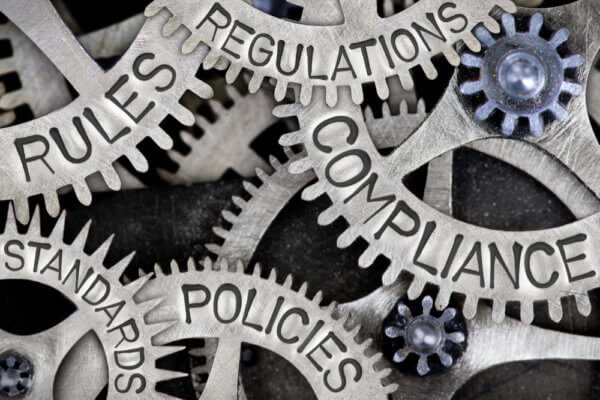On Monday, United States Treasury Secretary Steven Mnuchin held a press conference from the White House regarding what the country’s present administration plans to do regarding cryptocurrencies and digital assets.
Mnuchin Explains the Path of Regulation
It seems residents of the U.S. have more regulation to look forward to. During the conference, Mnuchin explained that the country is taking a strict stance on digital currencies and claims that it will subject many of the nation’s leading crypto exchanges and trading platforms to the same banking regulations that most traditional financial establishments face.
Mnuchin, along with most of Trump’s administration, is fearful that cryptocurrency can be used for illicit purposes, such as money laundering.
This conference comes following President Trump’s tweets over the weekend saying that he did not care for bitcoin or other cryptocurrencies. In his tweets, Trump claimed that digital assets were “not real money” and that their prices were based on “thin air” rather than legit financial trends and usage.
The situation boasts several sides, some positive and some negative. On the one hand, the U.S. has been lagging when it comes to implementing the appropriate legislation to make crypto trading far more legitimate. Whether die-hard fans of crypto wish to acknowledge this or not, digital currencies are still vulnerable to hackings, volatility and other problems that make them less-than-stellar investments in the eyes of institutional players.
Incorporating stricter rules for cryptocurrency exchanges and related platforms to follow could finally convince these investors to enter the space, bringing crypto to an even higher position, and who wouldn’t want that?
At the same time, one must wonder, exactly, what stricter regulation can really do. Japan, for example, employs some of the strictest crypto regulation in the world, yet it still seems just as vulnerable to illicit activity as ever.
Recently, one of the country’s most popular exchanges, Bit Point, was victimized by hackers that ultimately stole more than $30 million-worth of users’ cryptocurrency funds. The coins were stored in hot wallets that ultimately made them more vulnerable to thieves and malicious actors.
Prior to this event, Japan had begun utilizing the aid of the country’s Financial Services Agency (FSA) to monitor all cryptocurrency exchange activity and ensure it remained up-to-speed regarding stricter regulatory tactics. Following the Coincheck hack in 2018, the FSA began sending threatening letters to exchanges that didn’t meet expectations, explaining that the time had come to shape up or ship out.
What Will Stricter Laws Do, Exactly?
Ironically, Bit Point is an exchange that received one of these letters, which clearly didn’t make enough of an impact on the company’s operations.
In addition, regions of the U.S., such as New York, have attempted to implement stricter regulation through the BitLicense. The maneuver simply caused several companies to exit the Big Apple and seek business elsewhere.



